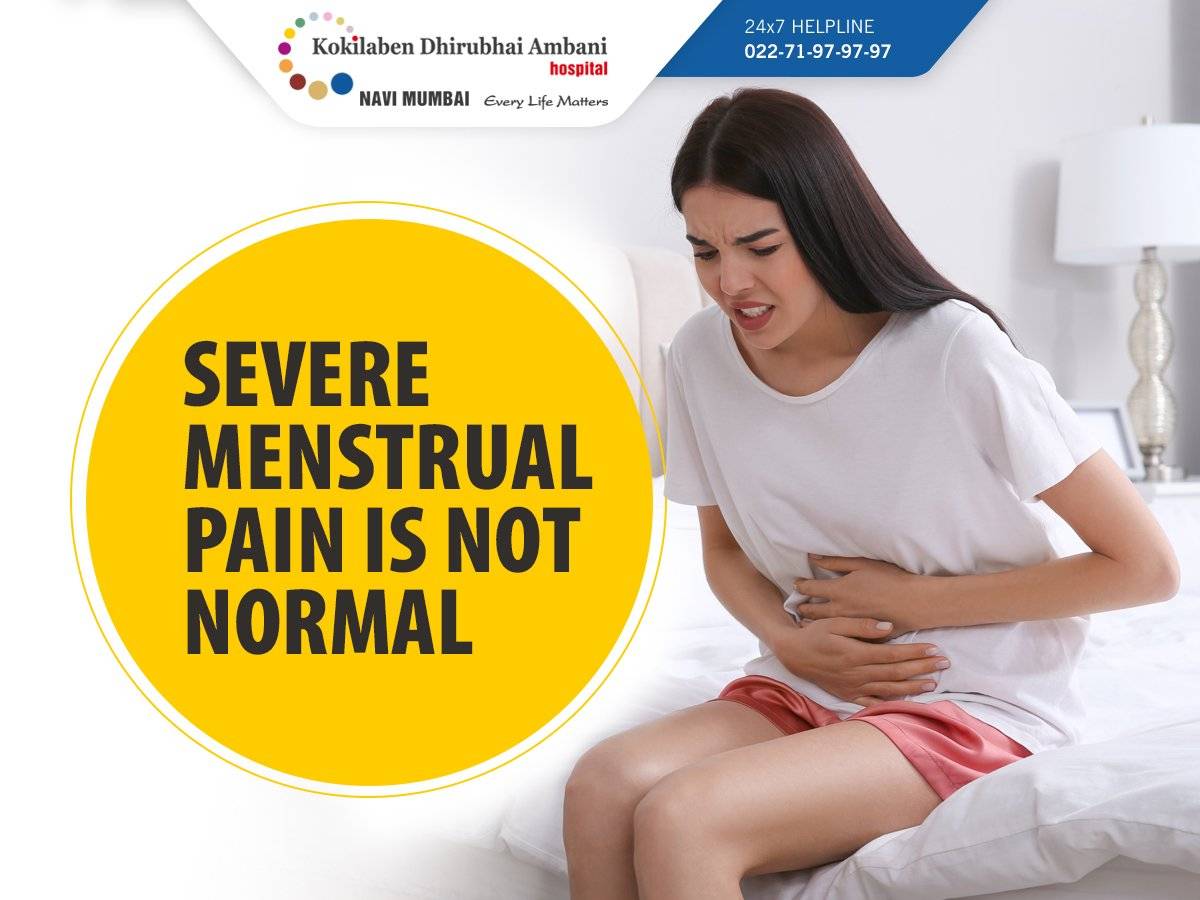How to Relieve Menstrual Pain: Practical Tips and Remedies
Menstrual cramps are a common experience for many women, often disrupting daily routines and leaving you feeling drained. But here's the good news: there are several ways to manage this discomfort, both naturally and medically. In this blog, we’ll explore effective remedies and tips to help you feel better during your cycle.
---
Understanding Menstrual Pain
Menstrual cramps, also known as dysmenorrhea, occur due to uterine contractions that help shed the uterine lining. These contractions are triggered by prostaglandins, hormone-like substances that can also cause inflammation and pain. While mild cramps are normal, severe pain could indicate an underlying issue, like endometriosis or fibroids, which should be addressed by a healthcare provider.
---
Natural Remedies for Relief
1. Embrace Heat Therapy
Applying heat is a simple and effective way to reduce cramps. A heating pad or hot water bottle placed on your lower abdomen can relax uterine muscles and ease the pain. Even a warm bath can do wonders!
2. Sip on Herbal Teas
Certain herbal teas, like chamomile, ginger, and peppermint, have anti-inflammatory properties that help soothe cramps. They also promote relaxation, making you feel calmer during this time.
3. Stay Active (Gently)
It might sound counterintuitive, but light physical activity can reduce pain. Yoga, stretching, or even a short walk can increase blood flow and release endorphins, which act as natural painkillers.
4. Eat Smart
What you eat matters. During your period:
Include: Foods rich in omega-3 fatty acids, magnesium, and vitamins. Think salmon, nuts, seeds, and leafy greens.
Avoid: Caffeine, alcohol, and salty snacks, as they can increase bloating and worsen cramps.
5. Practice Self-Care
Sometimes, rest is the best remedy. Take some time to relax, meditate, or listen to calming music. Stress can intensify menstrual pain, so self-care is essential.
---
Medical Options
1. Over-the-Counter Pain Relievers
Nonsteroidal anti-inflammatory drugs (NSAIDs) like ibuprofen are highly effective in reducing both pain and inflammation.
2. Hormonal Solutions
For those with severe or recurring pain, hormonal birth control can regulate periods and reduce cramps. Consult a healthcare professional to explore this option.
---
When to Seek Medical Help
While most menstrual pain can be managed at home, severe pain that interferes with daily activities might signal a medical condition, such as:
Endometriosis
Uterine Fibroids
Pelvic Inflammatory Disease (PID)
If you experience heavy bleeding, irregular cycles, or debilitating pain, it’s important to consult a doctor.
---
Final Thoughts
Menstrual pain is a part of life for many, but it doesn’t have to control your life. By embracing natural remedies, maintaining a healthy lifestyle, and seeking medical advice when necessary, you can manage your periods more comfortably. Remember, every woman’s body is different, so find what works best for you.
Let’s normalize the conversation around menstrual health and support each other in finding relief. Have any tips or remedies that work for you? Share them in the comments below!
Make sure you share this blog to a female friend!!
---
This format blends personal care tips with factual information, making it engaging and educational for readers. Would you like to customize this further?
Severe menstrual pains should not be taken for granted. It can lead to many other medical conditions such as fibroid. Take care!




No comments yet
Be the first to share your thoughts!